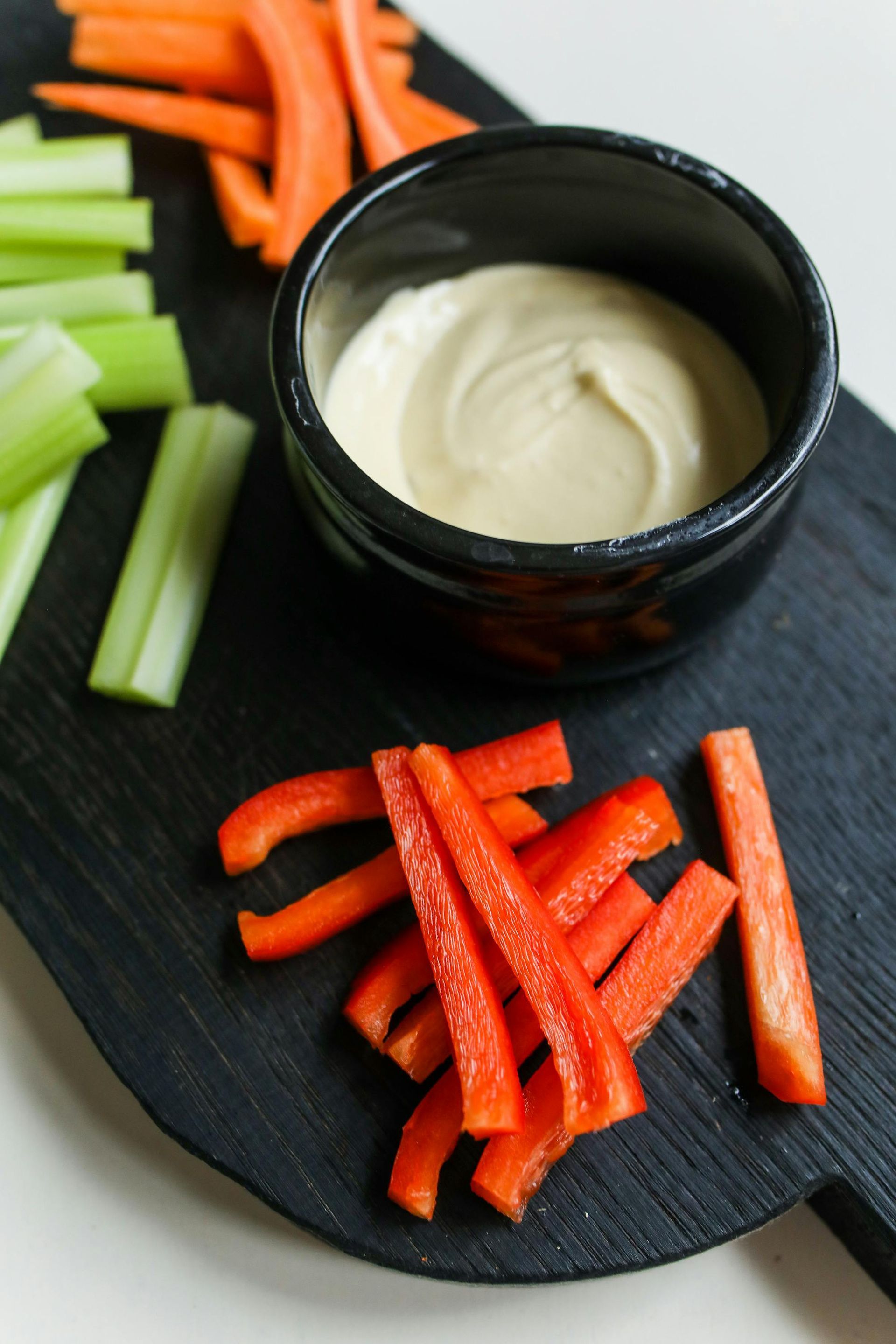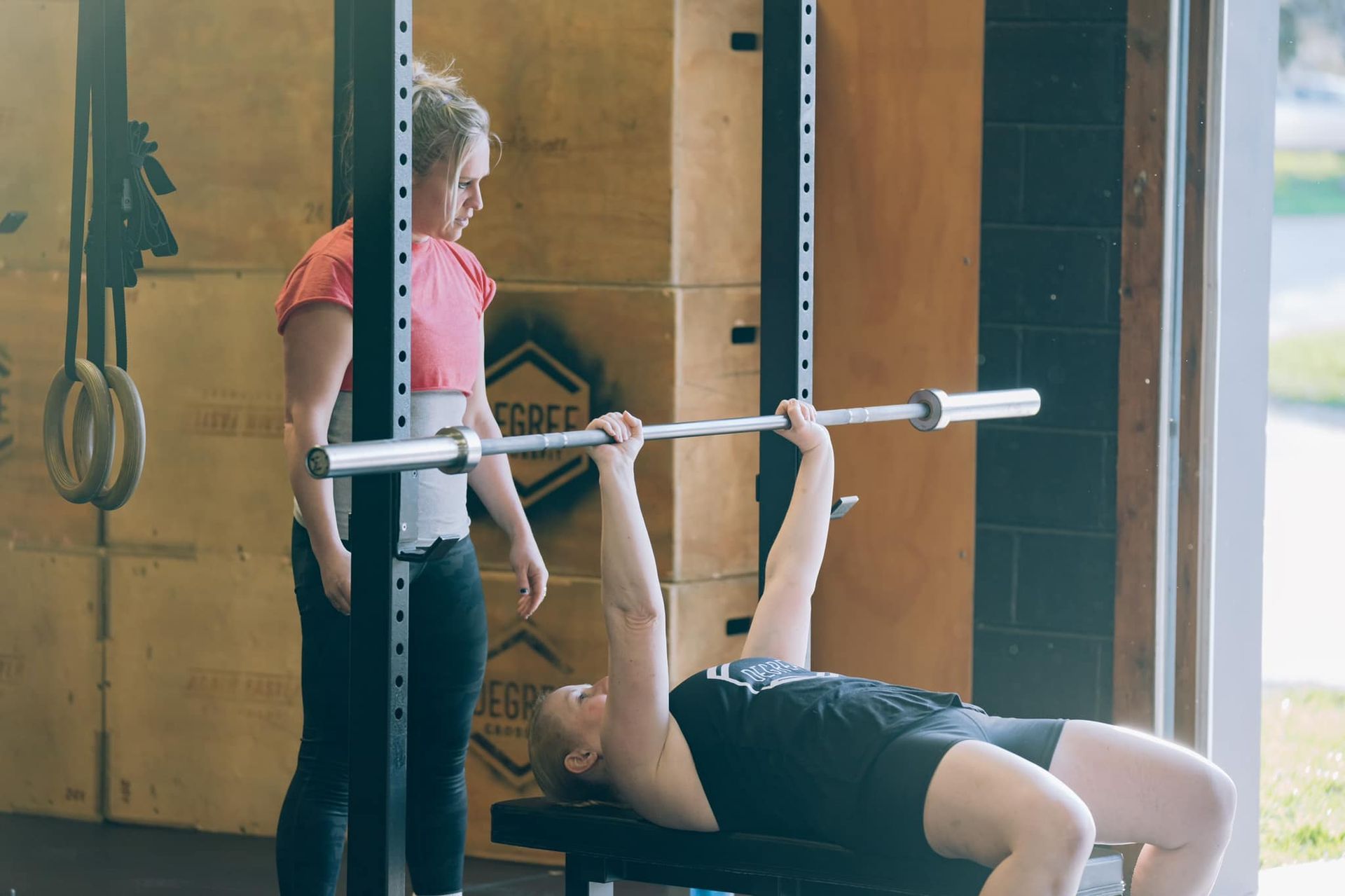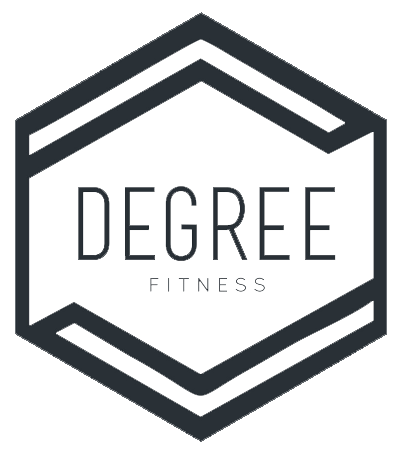Should You Stretch Before Running?
Written By: Coach Amanda
Should you stretch before running?
Yes, but not by doing traditional stretching.
There are two different types of stretching: static and dynamic.
Static stretches are what people generally think of when they think of stretching. These could be stretches like bending over and touching your toes. Static stretches are great at improving mobility and flexibility.
Dynamic stretches are controlled movements that prepare your muscles for performance. These movements tend to help reduce risk of injury and boost blood flow to your muscles and joints. Think about stretches like leg swings, air squats and hip opener stretches.
Doing static stretches before running can hinder your performance and even increase your risk of injury. Instead, focus on warming up your muscles with dynamic stretches which will prepare the body for your run!
Here are some dynamic stretches that I love to add into my warm up:
- Walking Hamstring Sweep
- Start in a standing position.
- Step your right foot in front of you, placing your heel on the ground. Keep your right leg straight and point your right toes straight up.
- Bend your left knee and push your hips back as you reach your arms down toward your knees. Then, sweep them forward and up. As you move your arms, keep a flat back rather than rounding it or hunching forward. You should feel a stretch in your right hamstring.
- Return to a standing position and take three steps forward.
- Repeat the movement on the left side and remember to keep a flat back. You should feel a stretch in your left hamstring.
- Return to standing and take three steps forward.
- Continue stepping forward and alternating sides.
- 90/90s Hip Opener
- Begin in a seated and upright position, feet flat and knees pointed up. Feet should be a little wider than hip distance.
- Rotate both knees simultaneously to the floor.
- Alternating sides, opening up the hips. Maintain a neutral spine, lift your chest and brace your core at all times.
- Walking Calf Raises
- Start in a standing position with your toes pointing straight ahead.
- Maintain this stance while lifting your heels off the ground. You should be standing on your toes.
- Walk forward 10 steps for a more active variation or return to your neutral standing position.
- Heel Walks
- Stand with your heels grounded. Lift your toes and point them forward.
- Maintain this stance while taking 10 steps forward.
- Keeping your toes lifted, turn them inward and walk 10 more steps forward.
- With your toes still raised, turn them outward and walk another 10 steps forward.
- Leg Swings
- Stand upright holding a wall, chair, or pole to one side of your body.
- Lift the leg on the opposite side of the body and swing it up in front of you and back behind you, back and forth, in a fluid motion like a pendulum swing.
- Keep your core engaged.
- Perform 15 leg swings and then switch sides.
- Marching Hurdles
- Stand upright and lift one knee up towards your chest as if about to step over a tall hurdle. Lift as high as you can.
- When your knee is at chest level, turn your hip out, so that the inside of your leg is facing the imaginary hurdle.
- Draw it out to the side as you bring it back down, opening up your hips
- Do 15 reps per side.
Ready to improve your running abilities?
Join us at Running Club this September!
You'll learn the above dynamic stretches, learn about pacing, running form and how to prevent injury. One of the leading reasons people stop running is usually because we go too hard too soon, or we just aren't aware of the nuances to running in general.
No previous running experience is necessary; just bring yourself, some enthusiasm, and your running shoes!
Details:
Wednesday September 4, 11, 18, 25 and October 2
6:30PM-7:30PM
$150+tx/members
$165+tx/non-members
To register email amanda@degressfitnessseaforth.com, call/text 519-441-7492 or send us a message to save your spot!



